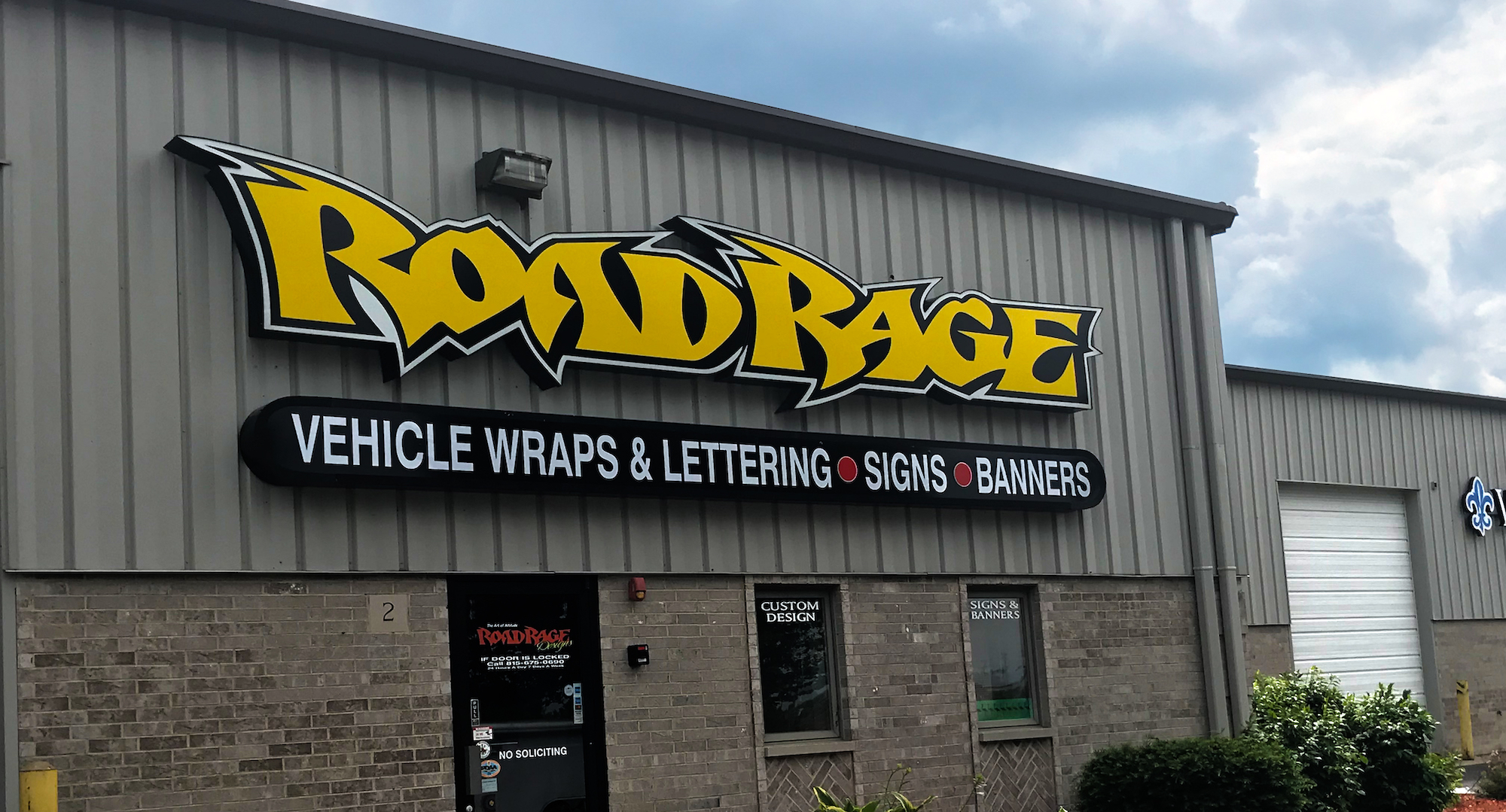The cost of a car wrap varies based on a bunch of factors:
Vehicle Size – Do you own a smart car or a Hummer? The bigger the vehicle, the more expensive the wrap because of the cost of the material and the labor to install it. Sometimes a business doesn’t need a full wrap, so then a partial wrap is the way to go.
Vehicle Shape – Do you own a box truck or a Porsche? A flat surface is much easier to adhere the film to than a curved one. Sports cars look great with a nice wrap, but it takes time to apply it to every corner, curve, and crevasse on the vehicle.Wrap Thickness – Do you want a paper-thin wrap at 1.3 mil, the average thickness of 4 mil, or a thick, protective wrap at 6 mil? The thicker the wrap, the more protection is offers against everyday wear and tear.
Wrap Material – Most are vinyl, offering a slew of surface finishes from matte to gloss, to optically clear. Calendered vinyl is good for flat surfaces and small curves, while cast vinyl is better for complex curves and edges.
Outdoor Durability – They can last anywhere from a couple years to 10 or more depending on the materials chosen and the quality of the installation.
Companies – Like anything, there are many companies to choose from. When you’re choosing a wrap provider, stick with the trusted names in the industry – Avery Dennison, Hexis, Orafol, 3M, etc.
Installers – Don’t go cheap. Everyone price shops because it’s the smart thing to do, but don’t make the mistake of purchasing a wrap simply because of the price. Wrap installation is not easy, and anyone who charges a price that sounds too good to be true is not doing it right. The installation of your vehicle wrap is just as important as the material you chose. If the wrap isn’t installed correctly, you can expect bubbles, lines, and a far shorter life span. This is one of the times where it pays to go with quality.

